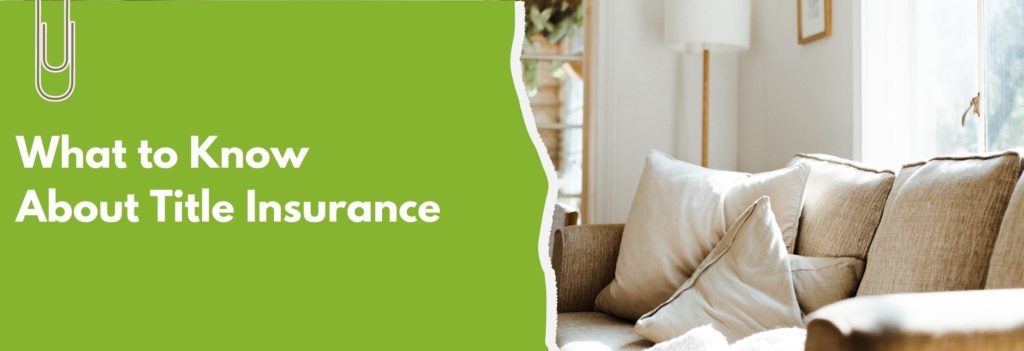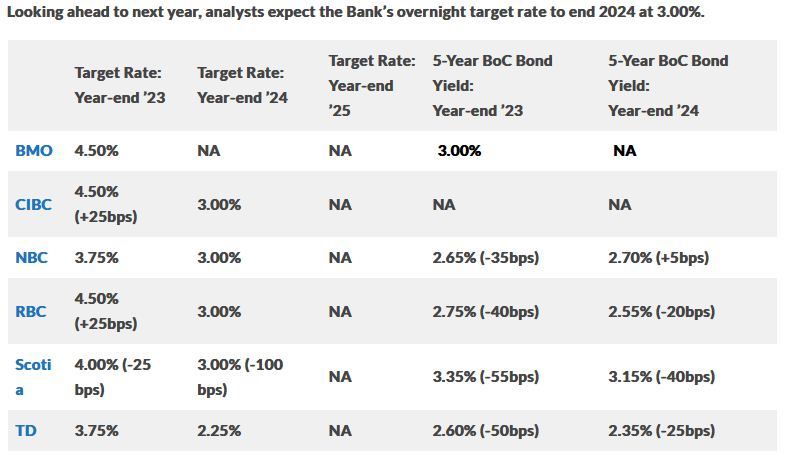So, you are thinking about selling your home? Whether you are down-sizing or upgrading, selling your home can feel like a big project – that’s where we come in. To help make this process as smooth as possible, we have put together a list of a few things to consider before you sell:
Improve Your Curb Appeal: When it comes to selling your home, first impressions matter. If a potential buyer first sees overgrown weeds, clogged gutters or cracked concrete, they may have a negative first impression of the home, making it harder to impress them once they are inside. Investing into your landscaping, any outdoor maintenance or repairs will go a long way in making your home more appealing. A pressure wash and new coat of exterior paint can also do wonders to give your home a facelift!
Get Rid of Clutter: In addition to updating your home’s curb appeal prior to sale, you also want to ensure that you are decluttering, and depersonalizing your space. Removing personalized photos, collectables, memorabilia and other knick knacks will help open things up and allow potential buyers to envision their own belongings in those spaces. Major renovations are not necessary, but fixing any minor repairs and a fresh coat of paint will also help to ensure the best first impression!
Set a Reasonable Asking Price: One of the most important aspects for the successful sale of your home is to price accordingly. Even though it can be difficult, when selling your home it is vital to avoid emotional decisions or anchoring your listing price to your home’s previous value.
Choose the Right Real Estate Professional: A real estate agent can help you maximize the sale of your home by working to get you the best asking price and help you walk through the sales process. Once you have a realtor in mind, it is best to conduct an interview to ensure they are the right fit for the job and that their interests align with yours. We have some great ones we work with and would be happy to connect you.
Understand the Costs: Before you get to the point of reviewing a purchase offer, you should have a reasonable understanding of potential gains (or losses) within your acceptable price range. To do this, you need to understand the costs of selling your home, which include: real estate sales commissions, closing fees, title charges, transfer and recording charges, additional settlement charges if applicable, and debt obligations related to existing mortgages. We have some great tools in our office and are happy to provide you with these numbers.
If you’re looking to sell your home and need mortgage advice, or want to get pre-approved for your next home, be sure to reach out to us first. We will get you started with all the numbers you need to make the best choice.
Trish & The Primex team


